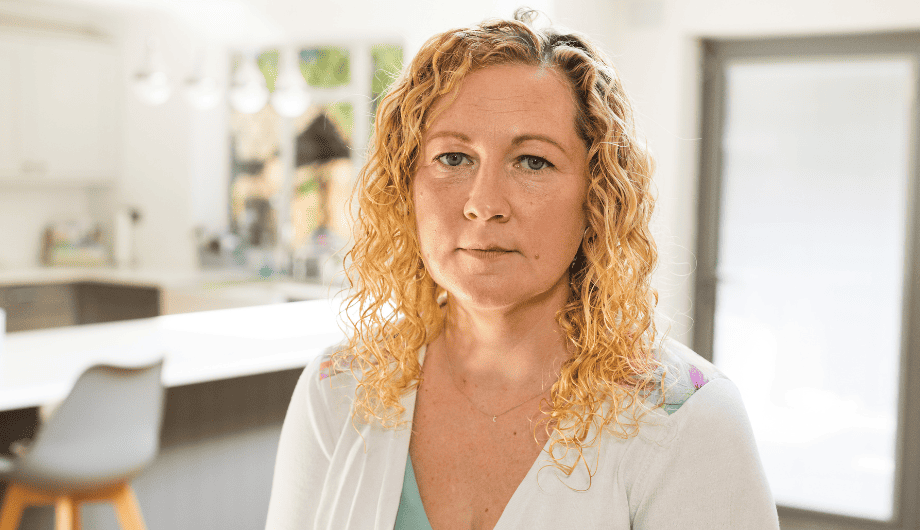
Saïna’s story – A song for my beloved grandpa, Ralph
Saïna opens up about how her grandfather’s dementia has affected her, and how songwriting has provided a release.
Many people with dementia become confused and disorientated at times. This may lead to them believing things that are not true – known as ‘false beliefs’ or ‘delusions’. Our dementia specialist Admiral Nurses explain why this might happen, and how you can help the person you care for.
Everyone has different personal beliefs. These include things like religious or political beliefs, and beliefs that we have developed through our experiences and life lessons.
At times, many of us have beliefs that may not be true. For example, someone might believe their neighbour doesn’t like them, even if there’s no evidence. But we usually have some control over our beliefs, so they don’t have an undue influence on our lives.
When someone has dementia, however, they may lose the ability to think logically about whether their beliefs are true. These false beliefs, also called delusions, can become very powerful and upsetting.
Common false beliefs and delusions include:
The changes to the brain that happen in dementia can cause people to have difficulty recognising people, places and things. For example, they may not recognise a friend who visits them, and think there’s a stranger in their home.
Dementia can also affect people’s memory. They might forget where they left something and believe it has been stolen. Or they might forget that their partner has gone shopping and think they are with another man or woman.
Delirium – a sudden onset of confusion, often with an underlying physical cause such as an infection – is another possible cause of false beliefs and delusions. If you notice a sudden change in someone’s behaviour or thinking, or if they appear more confused than usual, make an urgent appointment with their GP.
Signs of false beliefs and delusions in people with dementia include:
It’s important to remember that sometimes, the claims the person with dementia is making may be true, and someone could be stealing from them or taking advantage of their vulnerability. This needs to be carefully checked before you conclude that what they are saying is a false belief or delusion.
False beliefs and delusions feel very real to the person with dementia. They may become angry or upset if you challenge them, which can make it hard to care for them.
However, there are ways to help a person who is experiencing false beliefs or delusions.
It’s also a good idea to arrange a medical check-up to rule out other physical or mental health problems, and to review any medication that may be causing false beliefs and delusions.
It’s not always possible to prevent false beliefs and delusions in a person with dementia, but these tips might help.
It can be very upsetting if the person you care for is accusing you of something you haven’t done.
Our Dementia Helpline provides free, confidential support. You can call 0800 888 6678 (Monday-Friday 9am-9pm; Saturday-Sunday 9am-5pm), email helpline@dementiauk.org or you can pre-book a phone or virtual appointment with an Admiral Nurse.
The following pages may help you understand more about false beliefs and delusions and offer some suggestions for coping with the situation.
Our virtual clinics give you the chance to discuss any questions or concerns with a dementia specialist Admiral Nurse by phone or video call, at a time that suits you.

Saïna opens up about how her grandfather’s dementia has affected her, and how songwriting has provided a release.

Ricky’s talks about how his Gran’s dementia diagnosis impacts his whole family and why he is supporting the ‘We live with dementia’ campaign.

As a carer for her mum, who has vascular dementia, Clare is taking part in our ‘We live with dementia’ campaign to make more people aware of the support our nurses offer.